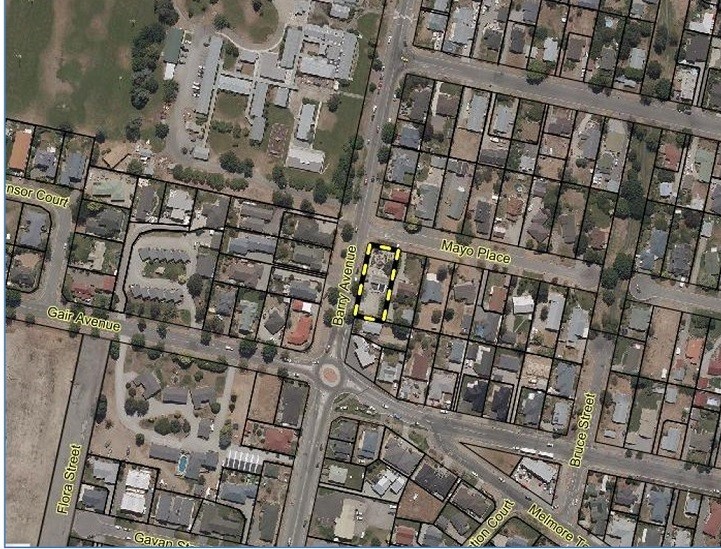Another travellers' accommodation for Cromwell pitched
Aimee Wilson
13 November 2023, 4:45 PM
 The proposed units in Barry Avenue in Cromwell.
The proposed units in Barry Avenue in Cromwell.A proposal to turn an old garden centre site in Cromwell into intensive new housing for the community has taken a U-turn, and now the applicants want to use it for travellers' accommodation instead.
It marks the second accommodation business in Cromwell currently under consideration, but the consultant planner for the Central Otago District Council (CODC) has recommended they both be declined.
Crum Developments was granted land use consent by a commissioner in September last year for six units within a single two-storied building onsite, as well as to subdivide into separate lots.
The multi-unit development received strong support in the community, due to it aligning with Cromwell’s urgent need for more housing.
But, now the plans have changed and the company is asking for consent to accommodate a total of 24 people in the two-bedroom units, a discretionary activity under the District Plan.
A travellers' accommodation business on Shortcut Rd was recently shut down by the council after being served an abatement notice for operating without any consent.
The company will face an independent commissioner hearing on November 21 in Cromwell, to determine whether they can continue the business.

The latest units proposed for Cromwell would be in Barry Ave. PHOTO: Supplied
Only two people have objected to the Crum Development proposal out of three submissions, including one who believed the application was contrary to the original consent, that the units were meant to serve as owner occupied residences for first home buyers or people downsizing.
In the report to the CODC hearings panel, consultant planner Oli Monthule-McIntosh said while the applicant has promoted a management plan, “in my experience such management plans are generally only effective when there is an onsite supervisor available.”
He also notes that the applicant intends to sell the units with the consent in place, which will result in each one being managed by a different accommodation manager.
He said that would create significant difficulties for monitoring the compliance of the consent.
Oli noted that the application “diverges from that original intent by proposing to convert these residential units into travellers’ accommodation, thereby removing them from the local housing stock. This raises fundamental questions about the appropriateness of the proposal in light of the original consent’s objectives".
He concluded that the proposal was inappropriate in the context that the underlying over-density multi-unit development was originally supported, in part, due to the perceived positive effects it would have on the local housing supply.
“While the provision of travellers’ accommodation contributes to the local economy and tourism, its appropriateness within residential zones, to the exclusion of housing that was specifically consented to address a housing supply issue, is highly questionable.”

NEWS







